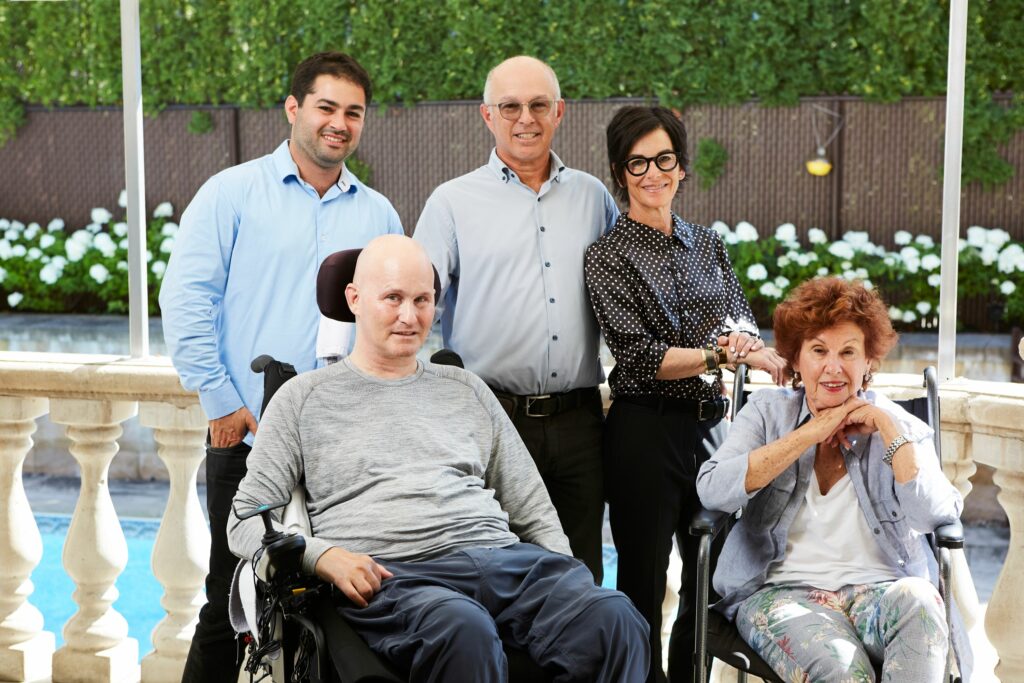
Dear Friends,
As I write this, my heart is overflowing with gratitude. Today, I am retiring from JDRF and it has been an incredible honour and privilege to be the President and CEO for over 10 years. I feel fortunate to have met so many fantastic people in the type 1 diabetes community – your passion, commitment and perseverance each and every day is inspiring. Thank you!

I have many great memories, and one that stands out is from a Kids for a Cure event in Ottawa. I remember that we gave the kids a JDRF hockey jersey to wear in their meetings. When I put mine on, it made me feel so proud. I was proud to be part of a winning team – a team that digs deep each and every day to make lives better for everyone in the T1D family. And of course, seeing all of these incredible youth champions tell their stories to MPs and Senators is the BEST!
Another (humbling) highlight occurred in my first few months. We had secured an interview on a national TV morning show during Diabetes Awareness month, and we were going to discuss the many advances that have been made.
We had all sorts of items – needles that were massive, to the latest pumps and monitors. For me, it was all very new and I had done lots of preparation to do my best to explain it. I was joined by a young boy named Anwar – he was one of the nicest and cutest kids I had ever met. After the interview, a good friend of mine who worked at the TV station came up to me and said I had done fine. Then he paused, looked me in the eye, and said, but Anwar stole the show! It showed me how important and impactful it is to share your personal stories to bring this relentless condition to life and that our ability to work as a team makes us unstoppable.
I often used the word “momentum” with our team. I believe it is important to build and keep momentum as an organization and this can happen in many ways – research breakthroughs, fundraising success, wins with governments.

As a team of staff and volunteers, our momentum is like a snowball that starts rolling down a hill, getting faster and bigger. During my tenure, while several areas have tremendous momentum, I am so excited by the progress we have seen in research. I remember when the first cell therapy trial was announced by ViaCyte several years ago, and now, there are so many trials and companies involved, and of course, amazing Canadian researchers continue to make global contributions in this area. With a disease modifying therapy, like TZield that can delay the onset of T1D, approved by the FDA, I am extremely encouraged that the next generation of treatments, that will move beyond insulin and give people freedom from T1D are incredibly close.
I need to thank many wonderful people for making these 10 years the most rewarding and fulfilling part of my career. Thank you to the amazing JDRF team, in Canada and globally, for leaning in every day to make a difference; to our volunteers that multiply our efforts and are our secret weapon; to our Board for their leadership, guidance and trust. Our donors are incredible, fueling the best research in Canada and around the world. To our partners, thank you for being so collaborative since making lives better and finding cures requires all of us to work in harmony. There is no doubt that together, we are stronger and more impactful!
As I depart, I want to wish Jessica Diniz, tremendous success as the baton is officially passed to her. You will be a terrific leader!
So let me conclude where I began. Thank YOU for allowing me to be part of this incredible JDRF team and T1D community. You inspire me, and I know we are well on the way to turning type one to type none.
